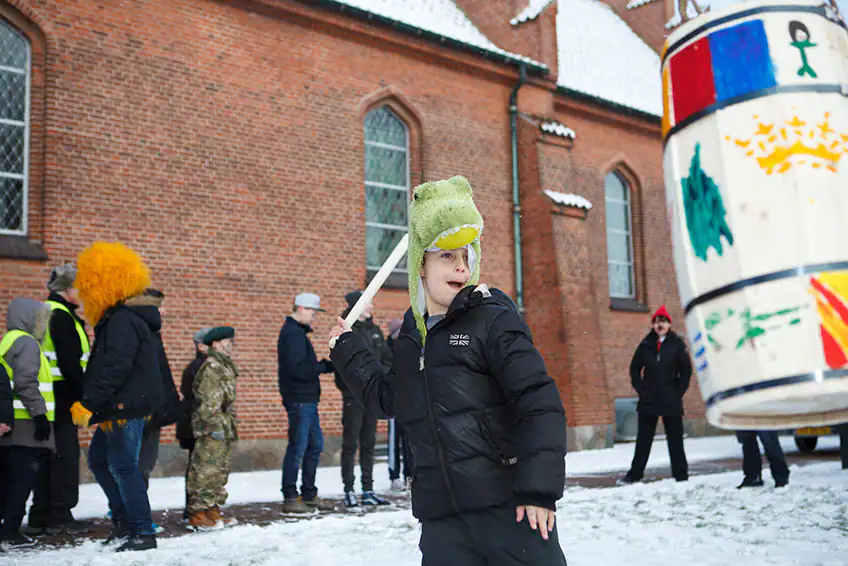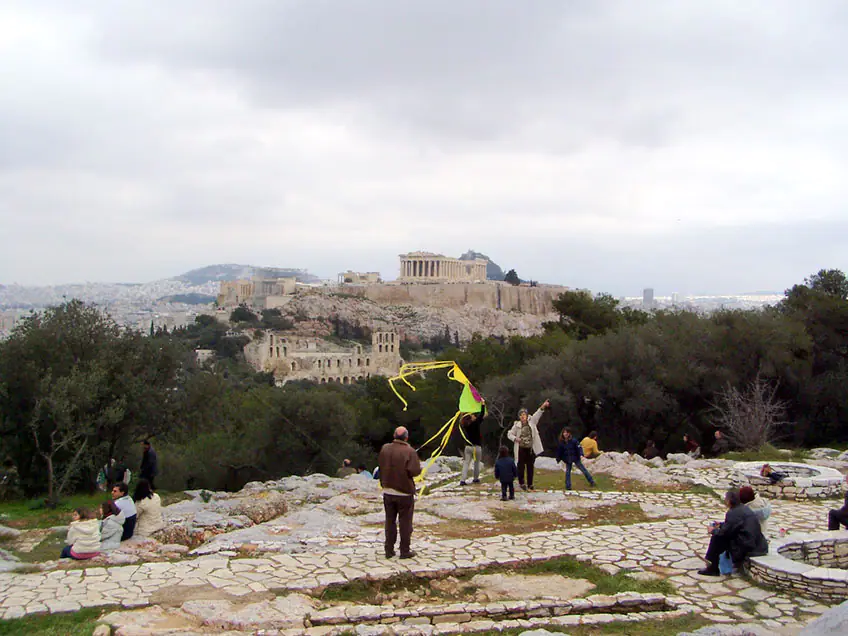All about Lent — the 40 days before Easter | Explore | Awesome Activities & Fun Facts

Photo from Pixabay
February 17, 2021, marks the start of Lent, the 40 days before Easter when Christians traditionally fast, or cut out certain foods, items or activities that they like such as candy, soft drinks, meat or watching TV.
Religious services and celebrations all over the world will be different this year as people will be wearing masks and observing physical distancing measures to prevent COVID-19 from spreading.
Here is a look at how Lent was observed before the pandemic.
Is the start of Lent always on the same date?

Photo by fly licensed CC BY 2.0
Actually, no. Since Lent is based on the date of Easter it changes every year. Easter takes place on the first Sunday after the first full moon. This year Easter will be observed on Sunday, April 4.
To find the start of Lent, start with the date of Easter and subtract 46 days. Why 46? While there are 40 days in Lent, Sundays are not part of Lent so they are not counted.
What’s Ash Wednesday?

Photo Claude Truong-Ngoc/Wikimedia Commons CC BY-SA 3.0
Lent starts on a Wednesday. Most Christians go to a special Ash Wednesday church service where the minister or priest marks the sign of the cross on their forehead with ashes. The ashes are made from the palms used in the Palm Sunday service.
How does Fat Tuesday fit in?

Photo by Melissa Wang licensed CC BY-SA 2.0
The day before Lent starts is Mardi Gras, which means Fat Tuesday, and it’s associated with food and parties. In earlier days, people were very strict about fasting during Lent and would clean out all the temptations from their kitchens. They would make a big feast the day before Lent with meats, breads, sweets and any other food and drink they thought would distract them.
Mardi Gras has changed into much more of a big party and has less to do with fasting and Lent.
How do people celebrate Lent?

Photo by Aalborg Stift licensed CC BY-ND 2.0
Most people choose to give up food or activities during Lent, but there are many special traditions around the world. In Denmark, Sweden, Norway and Iceland they celebrate Fastelavn the Sunday before Lent. One tradition is to have costumed children try to break a wooden barrel with an image of a cat on it that is filled with candy and oranges. The two children who knock down the barrel are crowned kattedronning (Queen of Cats) and kattekonge (King of Cats).

Photo by Robert Wallace licensed CC BY-NC-ND 2.0
In Greece, the Monday before Ash Wednesday is a holiday. Called Kathari Theftera, or Clean Monday, most families spend the day outdoors with their family and flying kites. Greek Orthodox Christians also give up meat, eggs and dairy products during Lent but they can eat shellfish so they make elaborate seafood dishes with octopus, shrimp and mussels!

Photo by Antony*** licensed CC BY-NC-ND 2.0
The arrival of Lent is a lot of fun in England where it’s time for making pancakes and holding pancake races. Participants with frying pans race through the streets of villages and towns across the United Kingdom tossing pancakes into the air and catching them in their pans while running.

Photo by Jeffrey Bary licensed CC BY 2.0
If you like fish, you should head over to Poland for Lent where Shrove Tuesday is called Sledziowka, or Herring Day. Sledz is the word for herring, a type of small silver fish. Traditionally on this day they feast on all sorts of dishes made with herring and have as much fun as possible before Lent.

Photo by Emma licensed CC BY-NC-ND 2.0
If you’re in Newfoundland just before Lent, you could be lucky enough to get some Mardi Gras pancakes. These aren’t just regular pancakes — they have all sorts of items baked into them. Tradition says that if you get a coin, you’ll be rich; if you get a nail, you’ll become a carpenter; and if you get a thimble, you’ll become a tailor.
Please, share this post on Facebook !
